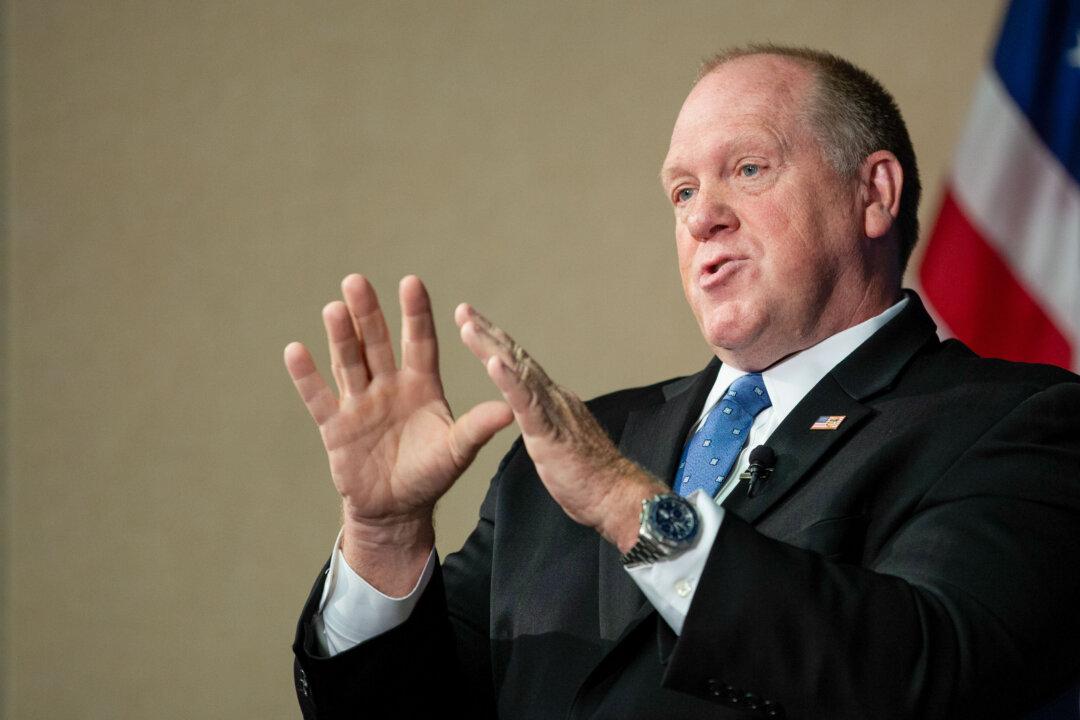Judge Brett Kavanaugh was confirmed to the Supreme Court on Oct. 6, giving conservatives a 5-4 majority in the highest court in the United States.
The Senate voted 50-48 to place Kavanaugh on the court.
“Judge Brett Kavanaugh is among the very best our nation has to offer. He will make the Senate and the country proud,” Senate Majority Leader Mitch McConnell (R-Ky.) said on the Senate floor right before the vote.
Kennedy, a conservative, was considered the swing vote on the court, sometimes siding with the liberal side of the bench, including decisions that made same-sex marriage legal and Roe v. Wade, the controversial decision in 1973 that struck down laws that criminalized or restricted access to abortions.

Conservative Majority and Age Gap
Kavanaugh’s confirmation, which followed confirmation of President Trump’s first nominee, Neil Gorsuch, many conservatives believe a true 5-4 majority has been cemented for years to come.On the other hand, multiple Senators who were on the fence regarding Kavanaugh recently said they don’t believe he will help vote down some laws considered liberal, such as the Affordable Care Act’s (ACA) protections for preexisting conditions.
Kavanaugh served for 12 years on the U.S. Court of Appeals for the District of Columbia Circuit. He was nominated to that position by former President George W. Bush.
His confirmation has made the average age of the Republican Supreme Court justices 10 years younger than the four Democrat justices, who are on average 71.5 years old. Kennedy was 80 when he announced his retirement; two justices nominated by Bill Clinton are now the oldest in the body. Justice Ruth Bader Ginsburg is 84 and Justice Stephen Breyer is 80. The oldest Republican-nominated justice is now Clarence Thomas, who is 70.

Voting Change
Then-Senate Majority Leader Harry Reid (D-Nev.) triggered the so-called nuclear option in the Senate in 2013, changing the way voting was done in the body.After the move, the majority party would need a simple majority, versus the 60 votes previously required.
Republicans currently hold a 51-49 majority in the Senate. Sen. Steve Daines (R-Mont.) missed the Oct. 6 vote due to his daughter’s wedding. Sen. Lisa Murkowski (R-Alaska) voted “present” instead of yes or no, and Sen. Joe Manchin (D-West Va.) was the only Democrat to vote “yes.” That left the vote at 50-48.

Allegations Lacked Evidence
After most Senators spoke with Kavanaugh, a week of public hearings was held, followed by more than 1,000 additional questions. It appeared Kavanaugh was set to be confirmed, with several Democrats reportedly considering voting “yes.”That’s when an allegation of sexual assault against him emerged. It was later revealed Sen. Dianne Feinstein (D-Calif.) had received the allegation in July but had not alerted her colleagues on the Senate Judiciary Committee.
Committee Chair Sen. Chuck Grassley (R-Iowa) delayed the vote on Kavanaugh for more than a week until a new public hearing, featuring testimony by the accuser, Christine Ford, and Kavanaugh, was held on Sept. 27. Following that hearing, Republicans voted Kavanaugh out of the committee 11-10 but opted to initiate an FBI investigation.




